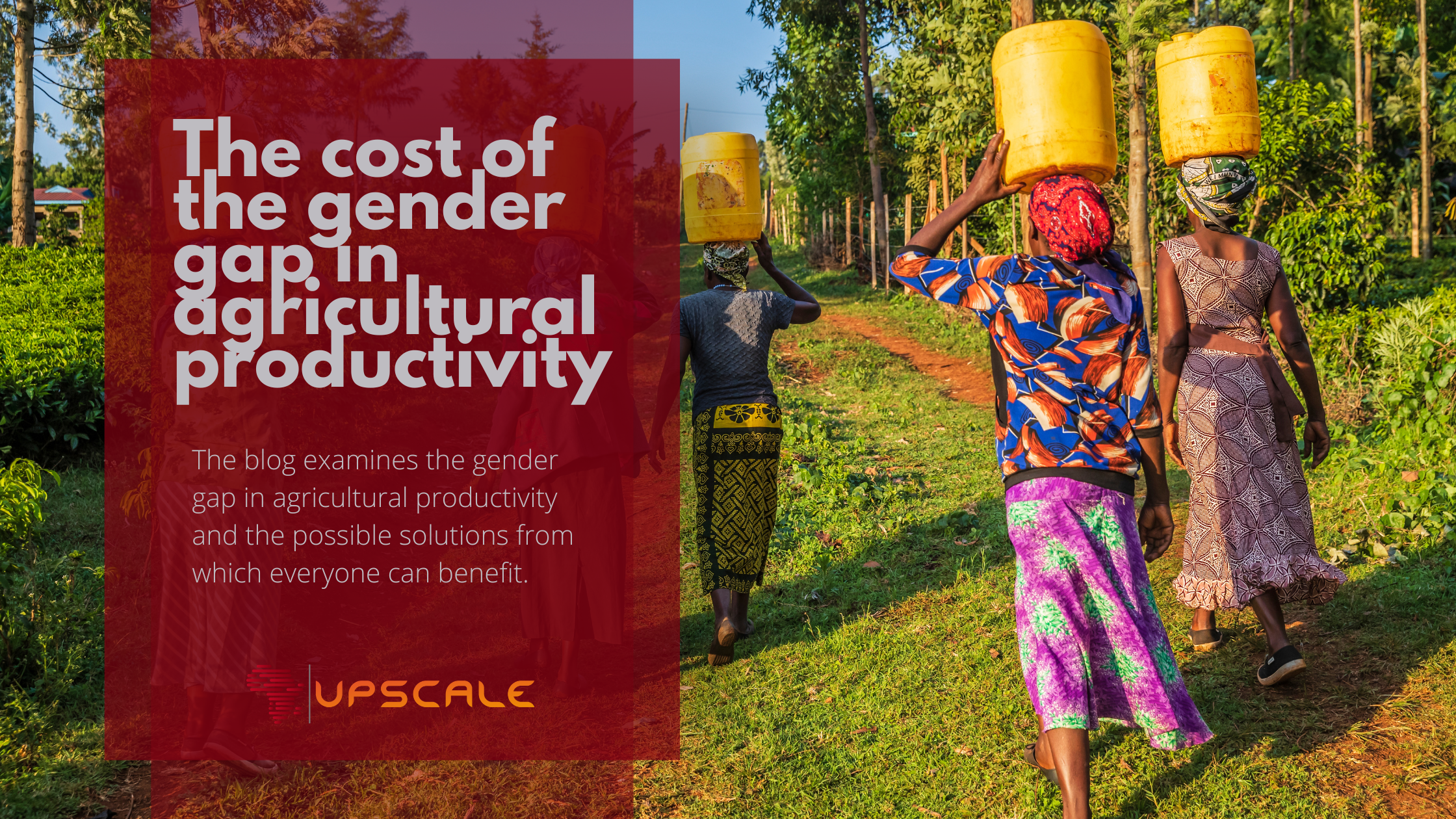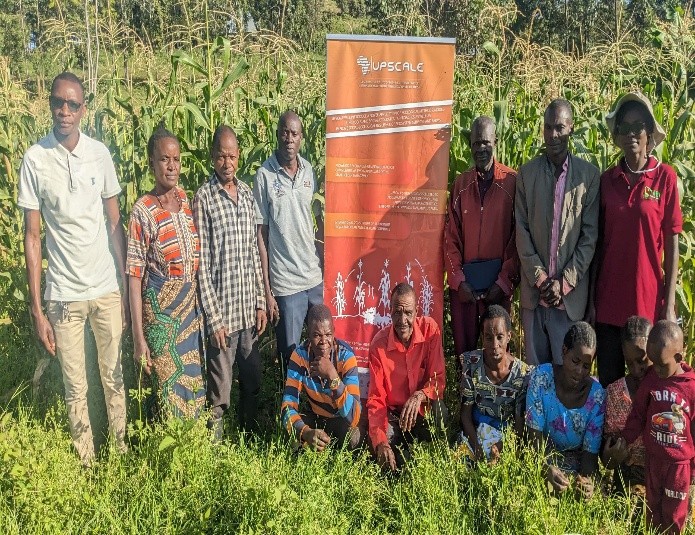Agriculture is one of the main branches of African economies, creating a base of the national gross domestic product (GDP) and feeding millions of families. However, most of the developed households are run by male farmers. On the other hand, females do not have access to necessary infrastructure, education, or land in their possession. According to the report “The cost of the gender gap in agricultural productivity in Malawi, Tanzania, and Uganda,” this disparity perpetuates inequality. This disparity affects economic development by not using the whole potential of the community. The blog examines the gender gap in agricultural productivity and the possible solutions from which everyone can benefit.
Understanding the current problem
From the report written by UN Women, UNDP-UNEP Poverty-Environment Initiative and the World Bank, the major push factors include gender-restricted access to land and credit, and inadequate access to education and technologies among Malawian, Tanzanian and Ugandan women. They are even limited to operating in less productive land sizes while they are not heard regarding decision-making both at the household and community level.
Thus, while narrowing the gender gap in producing agricultural products is not only a matter of equality, it will mean a lot for economic development. According to the aforementioned report, it is identified that closing the gender gap in these three countries could mean a lot of improvements in terms of the economy. For example, if women had equal opportunities as men, they could boost their yields by as much as 20 – 30%, thereby implying a good deal of income gain. These deteriorations would improve nutrition and reduce poverty: directly, because many poor people work in agriculture; and indirectly, because higher agricultural output may increase income for people employed in sectors linked to agriculture.

Taken from the report “The cost of the gender gap in Agricultural productivity in Malawi, Tanzania, and Uganda”
A Path to Progress Paved with Women Empower
Education is famously known as liberation, freedom. In that manner, women farmers should receive training and seminars on best practices in agriculture, finance and leadership. If these women are educated on all factors involving farming they are in a position to make better choices and come up with better ideas when practicing farming which makes them productive and be on their own.
An example of a good female agricultural practice is found here.
One of the major challenges hindering women’s total engagement in agriculture is insecurity. Violations of women’s rights and unfair treatment make women feel uncomfortable in taking up opportunities that are available in the field of agriculture. A recent FAO report confirms the existence of national legislation and international conventions but also confirms the fact that these regulations do not necessarily guarantee their implementation as both women and men, especially in rural areas, where people are frequently unaware of such rights. In addition, in many countries discriminatory legislation regarding inheritance and land rights remains, and the coexistence between customary and civil law continues to have negative implications for rural women.
It is necessary to advance the steps in realistically achieving women’s property rights in land and provide them with an equal chance to use it properly as men. Extension of micro credit products through financial institutions especially micro finances for women can offer them the capital needed to put into more productive methods of farming. Availability of inputs like better seeds and irrigation systems (water availability) also play a key role in reaching equality in productivity.
The Responsibility of Policy Makers
In Africa, few women hold policy-making positions at the national level and usually tend to be concentrated in social ministries such as education and health. Only rarely do women hold such positions in technical ministries such as agriculture, which has many implications for the policies generated there. It has been shown that increased female participation has an impact on policies concerning the importance given to women’s issues and concerns.
As the work of these institutions is important for rural development, more information needs to be collected on women’s participation in such institutions in order to identify and address the constraints women face in accessing abovementioned resources. Besides governmental institutions, NGOs are being active in raising awareness of female farmers. The importance of NGOs to rural women varies from country to country, as does their focus on rural issues. In most of the countries in Africa, growth was recorded of NGOs and women’s associations which pay attention to gender issues that have benefited rural women.
A Call to Action
The current gender gap in productivity in agriculture remains a huge problem that cannot be overlooked. Only when women are educated, protected (as they should be) and with equal rights on resources, can they become productive and promote economic growth. All governments and communities should raise their voices and change old frameworks in order to have a better society with equal opportunities for all people.
For more information:
“The cost of the gender gap in agricultural productivity in Malawi, Tanzania, and Uganda” report



